Dubai policy body recommends establishing PPP unit
17 January, 2018 | By JENNIFER AGUINALDO
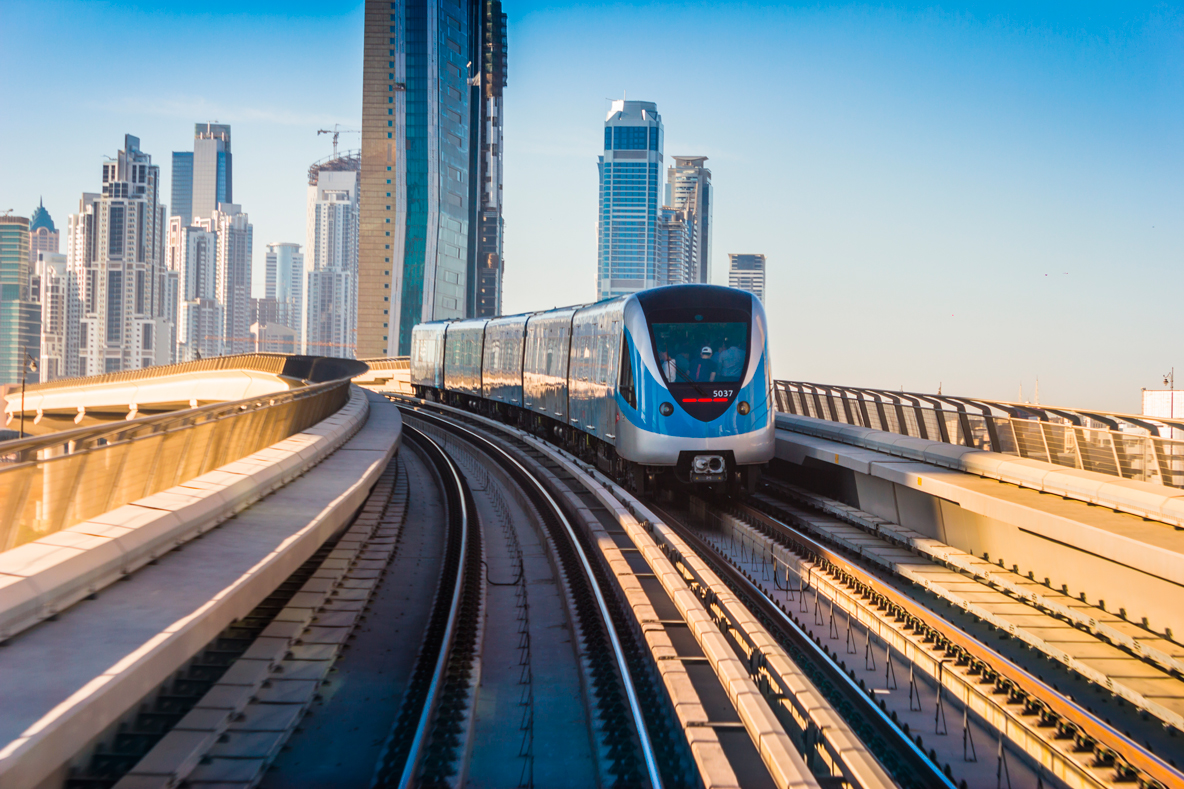
A policy paper published by the Mohammed bin Rashid School of Government (MBRSG) has recommended the establishment of a public-private partnership (PPP) unit within the government.
“I think its introduction would be a useful means of coordinating activity across government and with interested firms looking to involve themselves in PPPs,” says Guy Jonathan Burton, associate professor at MBRSG and author of the paper.
Most countries that have successfully implemented PPP projects, including the UK, some states in Australia and South Africa, have existing PPP units. In the Middle East and North Africa region, Egypt and Saudi Arabia have also established PPP units within their finance and economic planning ministries, respectively.
According to Burton, the UAE would benefit from establishing a PPP unit at the beginning of the process rather than later, which was often the case in other countries.
Citing an OECD finding, the policy paper cited that most countries established a PPP unit at a later stage “when they realise the need for one, to provide clarity, coordination, guidance, technical expertise and assessment of PPP projects”.
However, the UAE has to address several key issues before establishing its own PPP unit, including defining its functions and responsibilities, recruitment of qualified staff and its jurisdiction – whether its coverage will include only Dubai or the entire federal government.
Dubai’s finance department approved the emirate’s PPP law in 2015. It also issued guidance for the law the following year.
The guidance set out regulations for four types of PPP contracting. These include build, operate, own and transfer (BOOT); build, operate and transfer (BOT); build, transfer, operate (BTO); and transfer and operate (TO).
It also specified the government agencies to be involved with contracting PPP projects, including: the relevant government entity for PPP projects worth under AED200m ($55m); the finance department for projects worth AED200m-AED500m; and the supreme fiscal committee for projects with budgets exceeding AED500m.
Negotiations for a number of PPP projects outside the power and water sector are already under way in Dubai. They include the development of two new buildings and an automated car park at Dubai Courts as well as the Dubai Union Oasis, a mixed-use real estate project to be developed on the land above the underground station where the Dubai Metro Red and Green lines meet.
Related Posts
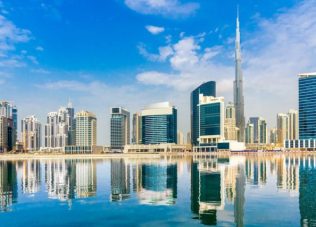
Supply and demand imbalance is resulting in less office space being built and property owners offering tenants generous incentives
Dubai’s office market continues to be oversupplied, resulting in less office space ...
READ MORE
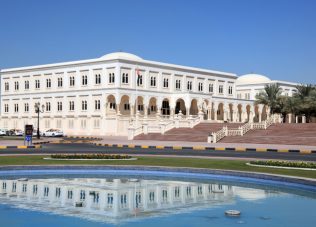
Increasing the role of the private sector can help alleviate pressure on state-led funding, while allowing more room for innovation in project delivery, says Mashreq Bank
More than $121bn ...
READ MORE
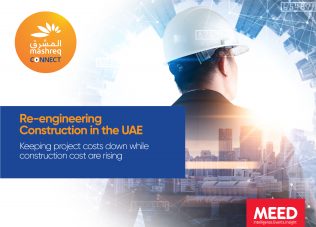
The process of transformation is already underway in the regional construction industry with Covid-19 accelerating the need for this change
Already facing severe cash-flow challenges after five years of recession in ...
READ MORE
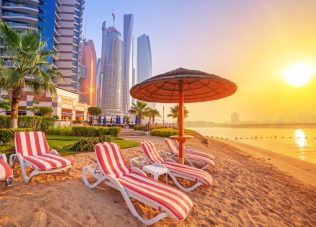
Governments need to invest in developing local talent and deploy innovative strategies to create a competitive tourist sector, says Mashreq Bank
The GCC’s tourism sector could face a shortfall ...
READ MORE
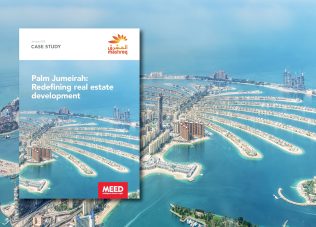
Executive Director of Corporate Finance at Aldar Properties Daniele Vecchi comments on structuring capital for balancing risk and return
Download the full report
An icon of innovation and luxury
Explore key insights on ...
READ MORE
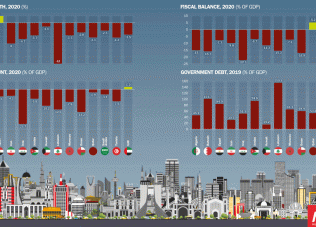
The IMF predicts a strong rebound in global GDP growth in 2021, but the effects of the Covid-19 pandemic will torment the Middle East market for years to come
Click here ...
READ MORE
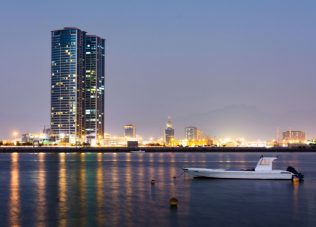
Ras al-Khaimah is all set to enter a new era of development, but with it comes capacity challenges to meet its real estate and leisure sector objectives
This article is the ...
READ MORE

Governments have been quick to cut spending after two years of launching stimulus projects
The big challenge for the region’s construction sector over the coming year will be dealing with the ...
READ MORE
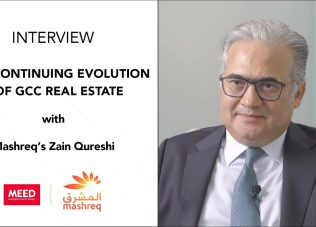
Zain Qureshi, Global head of real estate finance and advisory at Mashreq comments on the advancements in the sector
Regional impetus
The GCC real estate sector is experiencing sustained growth, driven by ...
READ MORE
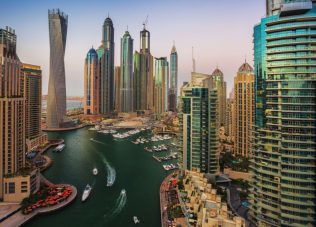
Retrofitting can serve as the stepping-stone to achieving net-zero carbon future
As the costs attached with meeting net-zero goals become clearer, built environment specialists are prompting stakeholders to consider the benefits ...
READ MORE
Oversupply continues to challenge Dubai office market
Private sector essential to delivering GCC’s $121bn social
CONNECT SERIES: Re-engineering construction in the GCC
Workforce shortages could hamper GCC tourism growth
Watch: The evolving role of capital stacking in
Covid-19 will shape future business in the region
Ras al-Khaimah real estate counters growing pains
Cost cutting on stimulus projects is a paradox
Watch: The continuing evolution of GCC real estate
How retrofit can be a realistic route to
17 January, 2018 | .By JENNIFER AGUINALDO













